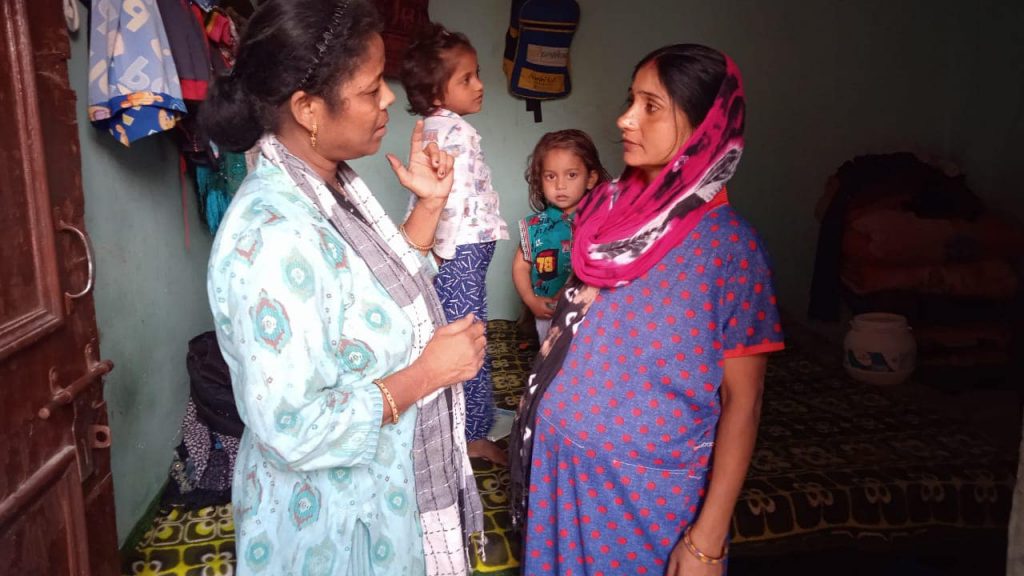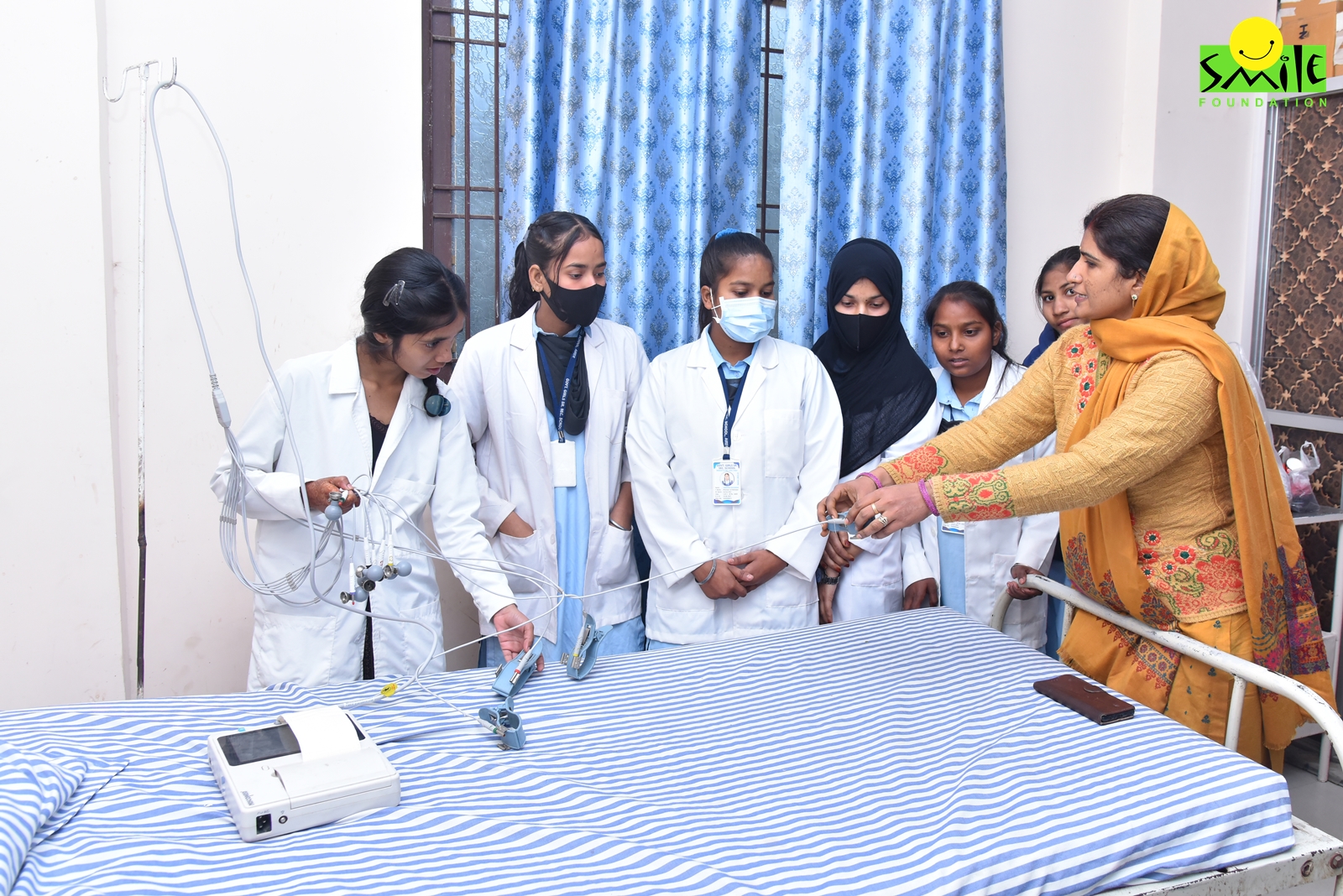Becoming a mother is a blissful experience. It is a moment of pure joy, something that stays forever with mothers and their families. However, while celebrating birth is crucial for building memories, families need to recognize mothers and children also deserve postnatal and postpartum care for a healthy future life.
Comprehensive care goes a long way in helping the mother get her energy back and the baby develops appropriately. Sadly, few families know about postpartum depression, let alone what’s needed to overcome it. This article fixes the problem as it explores the importance of postnatal care.
It also sheds light on the symptoms of postpartum depression and answers the need for comprehensive care during this critical phase of life.
What is Postpartum Depression?
Postpartum depression is a serious mental health condition that may affect women after giving birth. Contrary to belief in India, it has more to it than the tickly feeling new mothers experience.
Postpartum depression, occurring within the first few weeks after delivery or even months later, is characterised by sadness, despair, and similar emotions. As a result, the condition can significantly impact mothers’ daily work and ability to care for themselves and their babies.
While the exact cause of postpartum depression is unknown, hormonal changes, emotional stress, and a history of mental health issues can contribute to its development. Regardless, it is important to recognize the symptoms of postpartum depression, which may include extreme mood swings, difficulty bonding with the baby, changes in appetite and sleep patterns, and thoughts of self-harm or harming the baby.
The Symptoms of Postpartum Depression
After childbirth, many women experience postpartum depression, a condition that affects their mental and emotional health. Families must strive to recognize the symptoms of postpartum depression to provide timely support and treatment. Some common symptoms include:
- Persistent sadness or mood swings
- Feelings of hopelessness or guilt
- Lack of interest or pleasure in activities
- Fatigue or loss of energy
- Difficulty sleeping or sleeping excessively
- Changes in appetite or weight
- Thoughts of self-harm or harming the baby
The Importance of Postnatal Care for the Mother
Postnatal care is crucial for the mother’s physical and emotional recovery after childbirth. Listed below are five reasons why postnatal care is vital:
- Physical Recovery
The mother’s body undergoes significant changes during pregnancy and childbirth. It becomes weak, demanding regular support and critical care to get back to normality. Postnatal care helps monitor and manage the physical recovery process and address complications or discomfort.
- Emotional Well-being
Pregnancy and childbirth can trigger a range of emotions. Mothers can feel overwhelmed by the constant need to care for their children and ensure they’re comfortable. They may stop thinking about their bodies, affecting their mental and physical health. Postnatal care provides emotional support, helping mothers cope with the challenges and changes they experience.
- Breastfeeding Support
New mothers have little idea about the right breastfeeding techniques, resulting in nutritional issues in babies. Postnatal care offers guidance and assistance with breastfeeding, ensuring babies gain the right nutrients and develop a strong bond with their mothers. Breastfeeding support also provides valuable information on proper breastfeeding techniques and addresses any concerns.
- Identification of Postpartum Complications
Regular check-ups during the postnatal period enable doctors and specialists to monitor the mother’s health and identify potential complications, such as postpartum haemorrhage or infection. Early diagnosis can help provide timely treatment and ensure mothers and babies enjoy a healthy life together.
- Education and Counseling
Postnatal care helps mothers to learn about newborn care, parenting techniques, and postpartum contraception. It also offers counselling on various topics, such as postpartum depression, helping mothers navigate emotional challenges.
Five Importance of Postnatal Care for Babies
Postnatal care holds the same value as postpartum care, assisting in the baby’s health and development. Listed below are a few reasons why:
- Early Detection of Health Issues
Regular check-ups allow doctors and experts to monitor the baby’s growth and development, identifying potential health concerns early on. This ensures timely intervention and appropriate treatment if needed.
- Immunizations
Postnatal care includes the administration of vaccines as per the recommended schedule, protecting the baby against various infectious diseases and strengthening the immune system.
- Nutritional Guidance
Postnatal care provides essential guidance on breastfeeding and introducing solid foods when appropriate. This support ensures the baby receives proper nutrition, promoting healthy growth and development.
- Parental Education
Postnatal care offers parents the opportunity to learn about newborn care, including bathing, diapering, and comforting techniques. It equips them with the knowledge and confidence to provide optimal care for their baby.
- Developmental Screening
Postnatal care involves regular developmental assessments to track the baby’s milestones. Early identification of developmental delays allows for timely interventions and therapies, promoting healthy development.
Final Words
Postnatal care and postpartum care play a pivotal role in ensuring the well-being of both the mother and the baby. The techniques used help monitor physical recovery, address emotional needs, and help with the early detection of complications. Together, they help mothers and babies stay healthy, setting the stage for them to bond better.
Smile Foundation through its women empowerment program, Swabhiman is conducting awareness sessions on postpartum care to women from underserved communities of rural areas and urban villages to bridge the gaps in existing healthcare reaching every woman of India.
Support our women’s health here.










2 replies on “Postnatal Care to Postpartum Depression: Mother At The Centre”
It was a good read
It was a great thought. Post-partum depression affects the life of many mothers. It’s good that we have experts to counsel and guide them to recover from such a kind of depression.